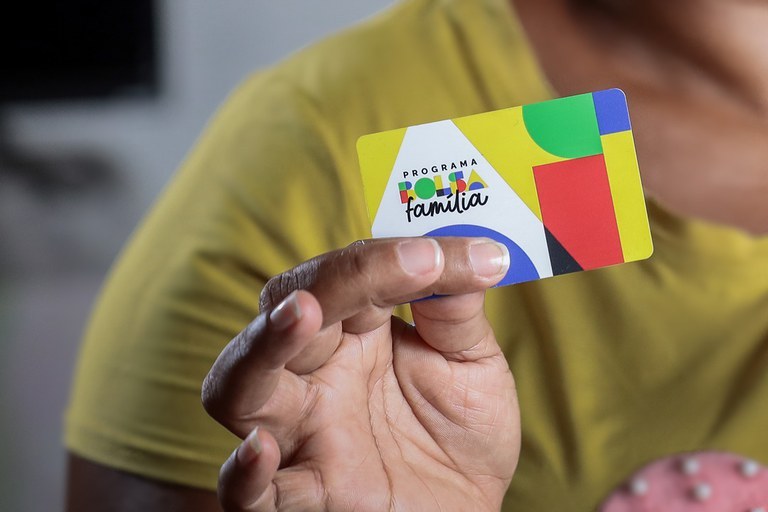Combating hunger and poverty: Brasil's Bolsa Família presented to G20 nations
Brasil's anti-hunger and anti-poverty programs were presented to G20 members, guest countries, and international organizations. The Global Alliance proposes a range of successful experiences from around the world.

Delegates from G20 member nations, guest countries, and international organizations were provided with comprehensive insights into Brasil's key initiatives and programs aimed at combatting food insecurity and poverty. Notably among these is Bolsa Família, globally renowned for its effective approach to addressing hunger and poverty.
"The establishment of this initiative, which materializes President Lula’s direct vision —and with the contributions, adjustments, and support of all of you— represents a bold step forward in the path to accelerating efforts to eliminate hunger, malnutrition, and extreme poverty, reducing inequalities. It will help us move towards a just and inclusive transition leading to a sustainable future," said Brasil’s Minister of Development and Social Assistance, Family and Fight against Social Hunger (MDS), Wellington Dias.
"We want more than just an income transfer program; we want families to have access to education and health. Bolsa Família is key to this transformation," said Eliane Aquino, national secretary for Citizen Income at the MDS. "We want to strengthen partnerships and exchange experiences. We are here to assist you in earnest efforts to effectively reduce poverty, hunger, and inequality," Aquino added.
The Ministry's Extraordinary Secretary for Combating Poverty and Hunger, Valéria Burity, delivered a presentation on the Brasil Without Hunger Program, which brings together actions by 24 ministries to combat hunger, reduce poverty, and guarantee food and nutritional security. "The Global Alliance offers a variety of successful experiences from around the world in this area. Brasil Without Hunger is one such example, demonstrating how an integrated package of public policies can effectively move a country off the hunger map and guarantee food as a right for its population," she concluded.
Global Alliance
The initiative aims to establish a practical mechanism to mobilize financial resources and knowledge from where they are most abundant and channel them to where they are most needed, supporting the implementation and scaling up of actions, policies, and programs at the national level.
The objectives include preventing duplication of efforts and providing the essential political momentum to mobilize existing funds and mechanisms, reorganizing them more effectively around two core principles: prioritizing the poorest and most vulnerable individuals, and ensuring the consistent implementation of national policies.
The Brazilian approach to the Alliance received unanimous support during the first technical meeting of the task force, which brought together around 200 participants. The Alliance's foundational documents are set to be finalized from May 22 to 24 in the city of Teresina (PI). The official launch of the Alliance is anticipated to take place by the end of the year, coinciding with the G20 Summit in Rio de Janeiro.
Bolsa Família
The program operates across all of Brazil's 5,570 municipalities, assisting approximately 21 million families. The primary eligibility criterion is that the income of each individual within the family does not exceed BRL 218 per month. For instance, if one family member earns the national minimum wage (BRL 1,412) and there are seven people in the household, each person's income would average around BRL 201.71. Since this falls below the 218-reais limit per person, the family would qualify to receive the benefit.
Launched during the first Lula government in 2003, Bolsa Família has won international acclaim. In 2011, the program was cited in a United Nations (UN) report for the Economic and Social Council (Conselho Econômico Social - ECOSOC) as an example for eradicating poverty. In 2013, the initiative was awarded by the International Social Security Association (Associação Internacional de Seguridade Social - ISSA) as the winner of the 1st Award for Outstanding Achievement in Social Security, in recognition of the program's success in combating hunger and promoting the social rights of Brasil's most vulnerable population.